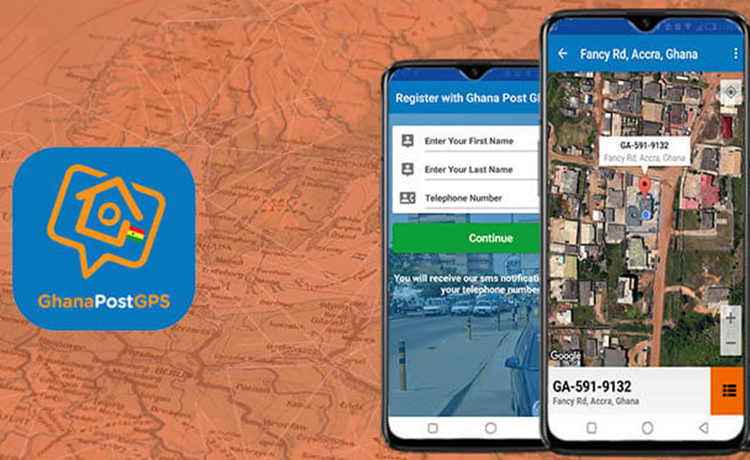The importance of a business analyst (BA) in a software development team is hard to overstate. A business analyst helps to shape the project from its very inception by facilitating communication between the development team, and executives. Effective communication is what makes managed teams work; it allows customers to save resources on management while allowing teams to deliver software on time, within budget, and according to requirements.
From this article, you will learn what, in IT, a business analyst is, how they are involved in the development process, and what tools they use.
Who is a business analyst?
A business analyst is someone who analyzes an organization or business domain and documents its business or processes or systems, assessing the business model or its integration with technology. Business Analyst helps in guiding businesses in improving processes, products, services and software through data analysis.
Business analyst skills
There are three main components that distinguish the role of a business analyst from other roles on the project:
- Technical knowledge : Technical knowledge is required for communicating with developers and testers, determining a team’s strong and weak sides, and even for understanding technical specifics and project limitations.
- Problem-solving and analytical skills : Extensive analytical skills are necessary to properly interpret a customer’s business needs and translate them into functional specifications. Problem-solving and decision-making skills are also needed to consult both stakeholders and developers and to make swift decisions on issues and features as the situation requires.
- Communication skills : Business analysts should know how to effectively collect information from one person and present it to another. The role entails working with a variety of people in various positions across different organizations, including stakeholders, decision-makers, developers, testers, and project managers. Business analysts have to effectively communicate with these groups and make sure their concerns reach each other. Extensive listening, writing, and interpersonal skills are paramount for a successful business analyst.
These essential components, when combined, produce a professional that’s able to successfully fulfill the role of a business analyst.
Business analyst role in an IT project
During the software development process, business analysts take part in the following phases:
Requirements Gathering
During this initial stage of every development process, a business analyst gathers Functional Requirements (FRs) and Non-functional Requirements (NFRs) for a project.
Functional Requirements include functions or features of the future project.
Non-functional Requirements
Specify criteria that can be used to judge a system operation. Such requirements are contrasted with functional requirements that define specific behavior or functions.
To gather requirements, a business analysts use the following techniques:
- Interviews : The business analyst asks clients specific questions to identify their requirements for the project. Such an interview is aimed at identifying main business issues to be solved.
- Questionnaires : The business analysts provide stakeholders with electronic or paper-based surveys to define the project requirements. This technique works great when a business analyst needs to gather requirements from many people, located remotely.
- Prototyping : We use this approach to visualize the requirements for the project. With product prototypes, it is more convenient to discuss all the necessary features with the client.
- Document Analysis : Using this technique, the business analyst gathers the documentation to define the project requirements. They analyze internal client documentation, concerning business restrictions or the documentation of existing products, with similar business objectives.
- Brainstorming : We apply this technique to gather ideas on the product functionality from both stakeholders and our development team.
Why is business analysis important
There are many benefits of a business analysis which you can notice right from the beginning of the bespoke software development process. However, some of them are only noticeable after the software is implemented and these are:
- Boosted efficiency : Running a thorough analysis of both your expectations and the market in general, business analysts make sure your vision is the best way to achieve success. Knowing the software industry, they know how to improve your efficiency even more. It is advisable to take the risk and trust the business analyst.
- Lowered costs : With all the parties understanding what the software is for, there is no room for rebuilding the product or other unexpected costs. Business analysts choose the best solution for you and your company.
Conclusion
Business analysts are as important a part of an IT company as developers, testers, and project managers. They bring the following benefits to a team:
- Effective communication
- Well-established relationships between stakeholders
- Formalized and written requirements
- Defined (and common) project goals
- Managed development process
- Visualization of new features, requirements, and project progress
While acquiring a business analyst might seem excessive to some decision-makers, it actually helps to reduce the time and money spent on a project. Moreover, a BA can analyze your competitors and define growth opportunities.
































